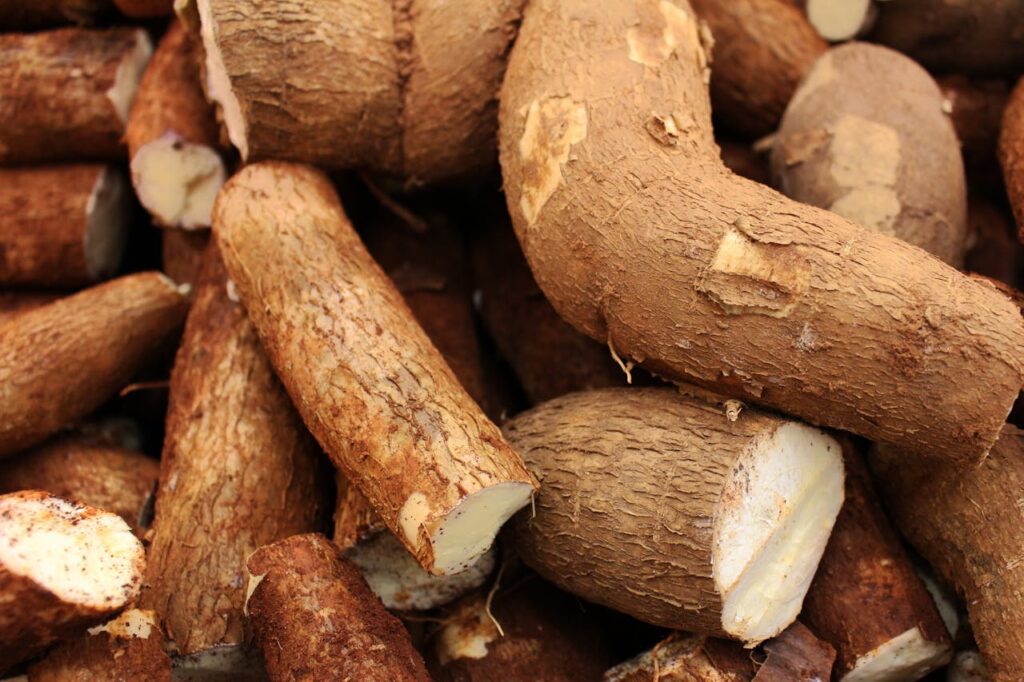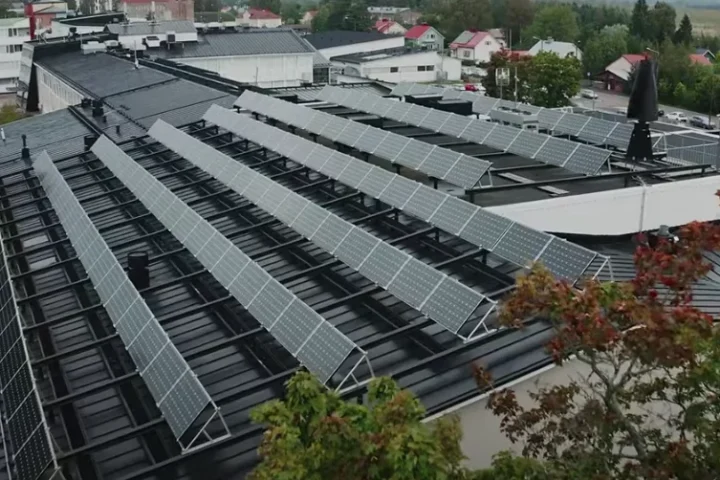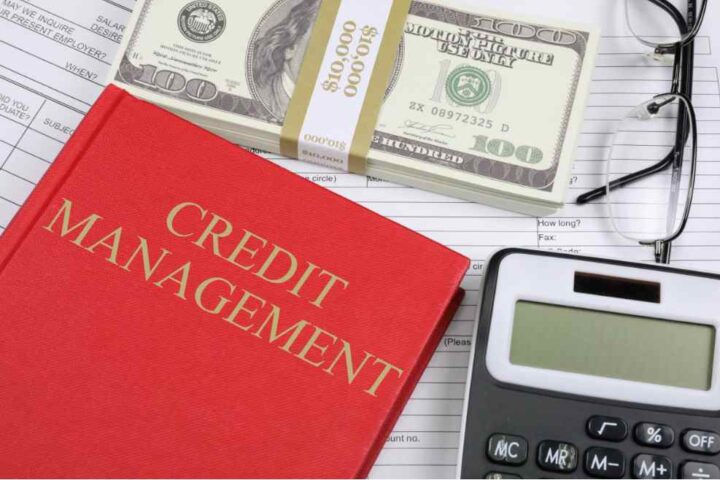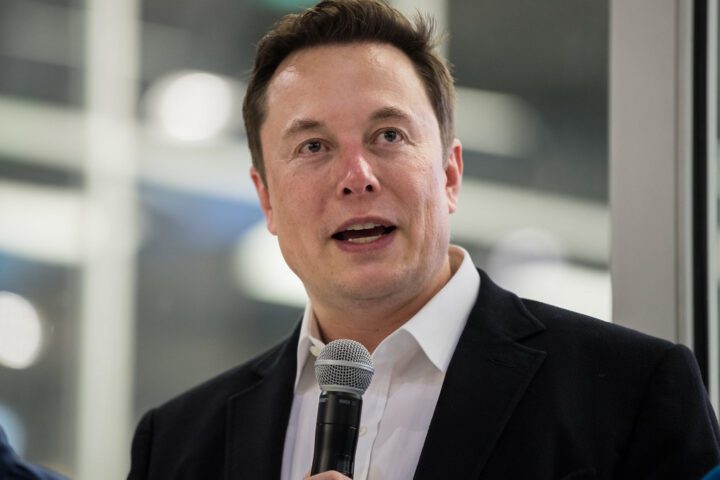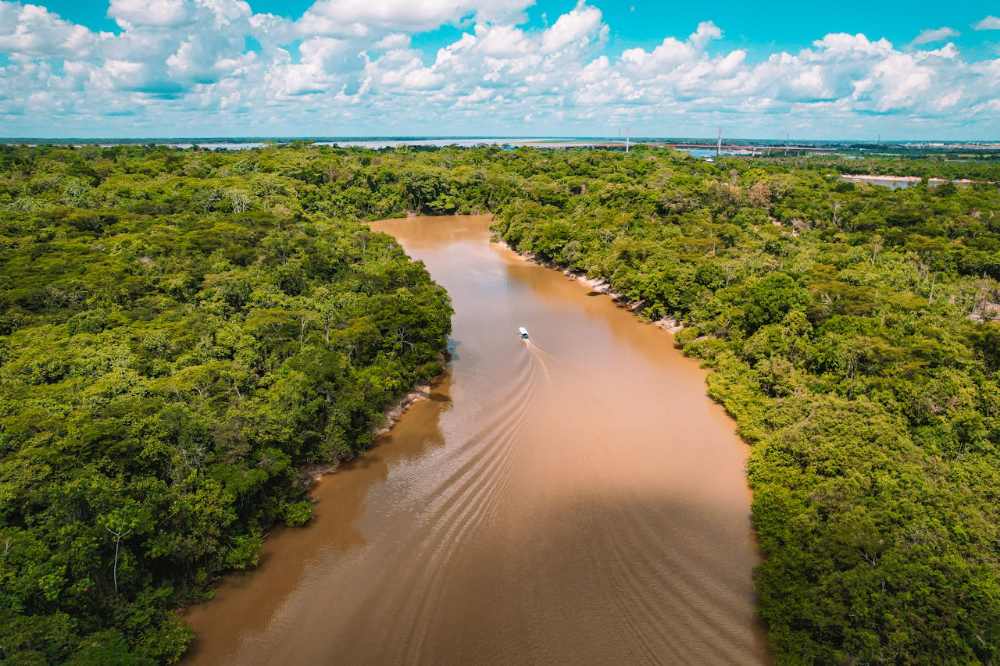
Google Signs Record Deal to Restore Amazon Rainforest
Tech giant partners with Brazilian startup Mombak for 200,000-tonne carbon removal project, quadrupling previous commitment
Google has made its largest-ever investment in forest restoration, agreeing to buy 200,000 metric tons of carbon removal credits from Brazilian startup Mombak. The deal will transform degraded pastureland in Brazil’s Amazon region back into native forest.
This agreement quadruples the size of a pilot project the two companies started in September 2024. Mombak is now Google’s only provider of forestry carbon credits.
Deal at a Glance
Understanding the scale of Google’s environmental commitment
“The most derisked technology we have to reduce carbon in the atmosphere is photosynthesis.”
Google needs these credits because its electricity usage has skyrocketed. The company’s emissions from purchased electricity more than tripled from 2020 to 3.1 million tons last year, largely due to power-hungry data centers that run artificial intelligence systems.
The tech giant is avoiding traditional “avoided deforestation” credits, known as REDD, which have faced problems with fraud and connections to illegal logging. Instead, Google chose Mombak’s active reforestation approach, which is easier to verify and track.
“Buyers were previously buying carbon credits but didn’t know what they were buying. So they got involved in poor-quality, sometimes fraudulent projects.”
Silva described the market as experiencing a “flight to quality,” where buyers are increasingly seeking verified, credible carbon measurement and removal projects.
Carbon Credit Market Dynamics
Why high-quality reforestation credits command premium prices
The deal was made through the Symbiosis Coalition, a group formed by Google, Meta, Salesforce, McKinsey and Microsoft to raise standards in nature-based carbon removal. Out of 185 projects reviewed by the coalition, Mombak’s was the first to meet their strict requirements for carbon accounting, biodiversity benefits, and community impact.
The coalition has committed to purchasing over 20 million tons of nature-based carbon offsets by 2030. It recently added Bain & Company and REI Co-op as new members.
The Symbiosis Coalition
Tech giants and consultancies united for high-quality carbon offsets
Deal Evolution Timeline
From pilot program to major environmental commitment
Unlike engineered carbon capture technologies, forests provide additional benefits beyond just removing carbon. They support wildlife, restore water systems, and create healthier ecosystems. Google plans to use its DeepMind Perch AI system to measure these biodiversity improvements.
The timing of this announcement aligns with Brazil hosting the UN climate summit COP30 in the Amazon city of Belém, which the country has dubbed the “Forest COP” to emphasize conservation efforts. Norway, Indonesia and Brazil have committed $5 billion to the Tropical Forests Forever Facility.
Why This Deal Matters
The broader impact of Google’s reforestation investment
The agreement between Google and Mombak was discussed as part of efforts to address emissions from data center operations. The 200,000-tonne carbon offset deal was covered in relation to nature-based carbon removal initiatives in Brazil’s Amazon region.
The Symbiosis Coalition’s certification of Mombak’s project and the pricing dynamics in the carbon credit market were mentioned. The role of reforestation versus other carbon capture methods was noted, along with the timing of the announcement during COP30 in Brazil.


